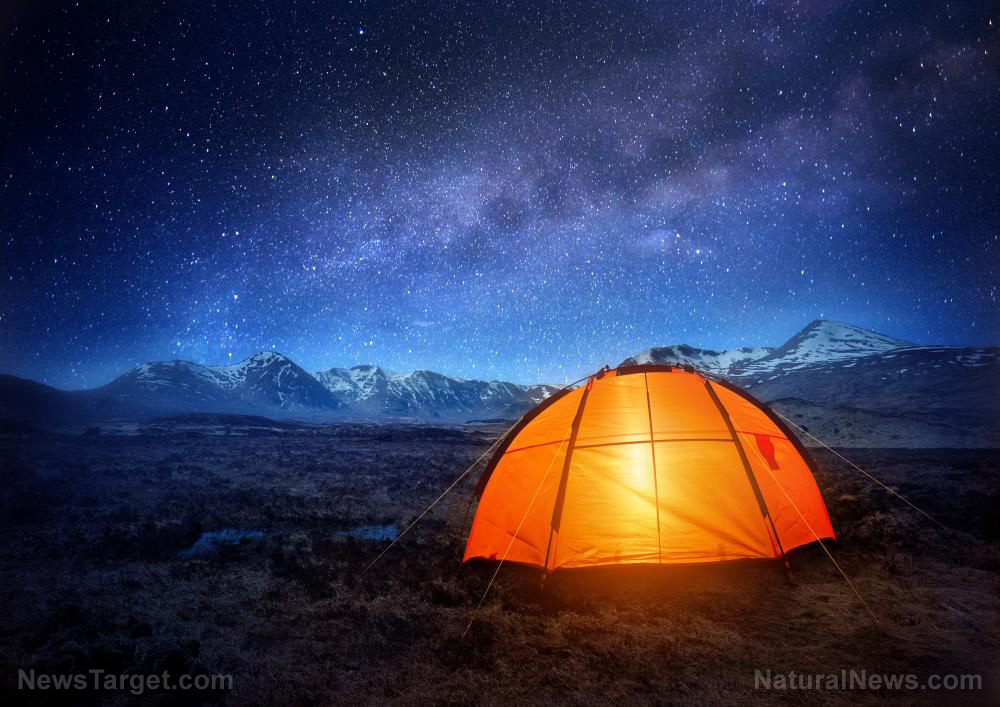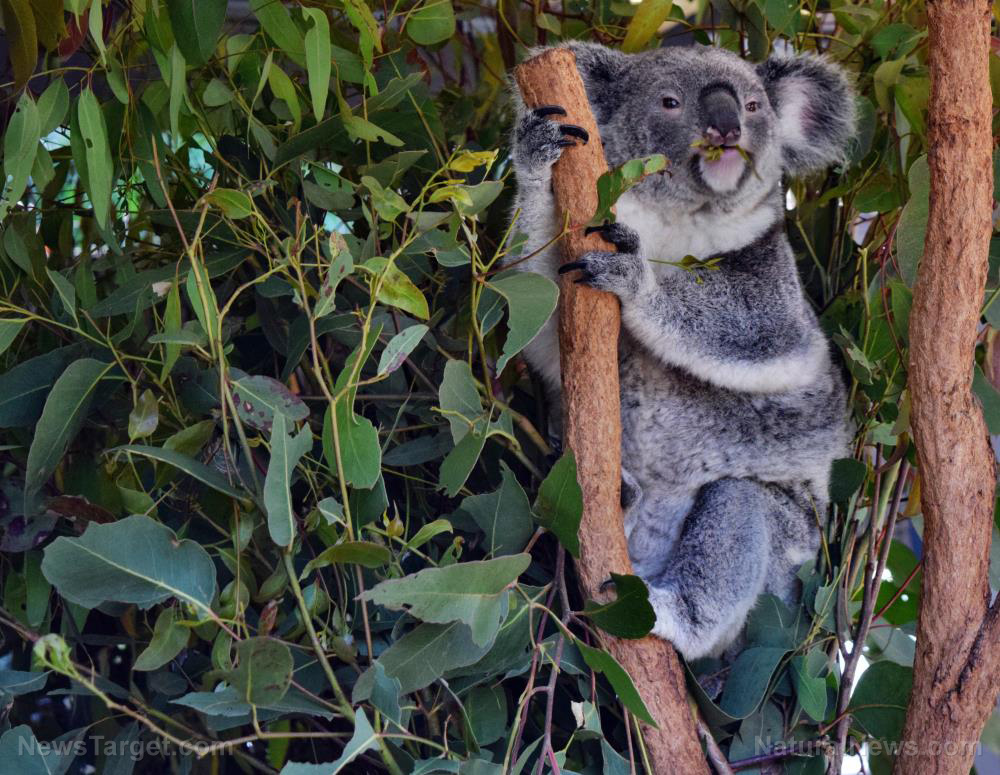
Surprisingly, however, too much light is not always a good thing. In fact, light in the wrong place at the wrong time is actually viewed as a form of pollution, interfering with the life cycles of individual species and affecting the well-being of entire ecosystems.
It is therefore shocking that a recent study, published in the journal Animal Conservation, found that light pollution now affects the skies over most of the planet’s vitally important wildlife areas.
The result? Birds are singing at the wrong time of the day, trees are producing leaves too early in the season, and the balance of predators in animal communities is out of whack. (Related: Light pollution is a growing problem: What you can do.)
An “enormous range of effects”
As reported by the Daily Mail, light pollution is defined as follows:
Light pollution, also known as photopollution, is the presence of anthropogenic light in the night environment.
Artificial light that’s excessive, obtrusive and ultimately wasteful is called light pollution, and it directly influences how bright our night skies appear. …
While some light escapes into space, the rest is scattered by molecules in the atmosphere making it difficult to see the stars against the night sky. (Related: LIGHT POLLUTION is killing trees because artificial light throws off their sleep cycles.)
The study, which was conducted by a team from the University of Exeter and Birdlife International, closely examined the amount of “skyglow” – light reflected into the atmosphere, spreading huge distances – over our planet’s Key Biodiversity Areas (KBAs).
They found that less than a third of all KBAs have pristine night skies, while half are covered by artificial light.
Pristine skies are defined as those which have no more than 1 percent more artificial light than would naturally occur in a given area. Just 8 percent more light than what occurs naturally causes light pollution to extend straight up from the horizon, causing the entire sky to be polluted.
This type of light causes serious ecological damage.
"These results are troubling because we know many species can respond even to small changes in night-time light," noted the study’s lead author, Dr. Jo Garrett, of the University of Exeter. "Night-time lighting is known to affect microbes, plants and many groups of animals such as crustaceans, insects, fish, amphibians, reptiles, birds and mammals,” she added.
"It has an enormous range of effects, including causing trees to produce leaves earlier in the season and birds to sing earlier in the day, changing the proportion of predators in animal communities, and changing the cycling of carbon in ecosystems. Some effects can occur at very low light levels."
The team found that the highest levels of light pollution were found in densely populated areas and those with greater gross domestic product, i.e. economic hubs.
Our planet is in crisis. Oceans are polluted, bees are dying off at an alarming rate, our food is doused in toxic chemicals and even the sky is polluted by the very light that gives us life.
How sad it is to think that future generations – if humans can survive that long – may never have the privilege of seeing a pristine night sky filled with stars.
Learn more about the issues facing our planet at Environ.news.
Sources for this article include:
Please contact us for more information.























